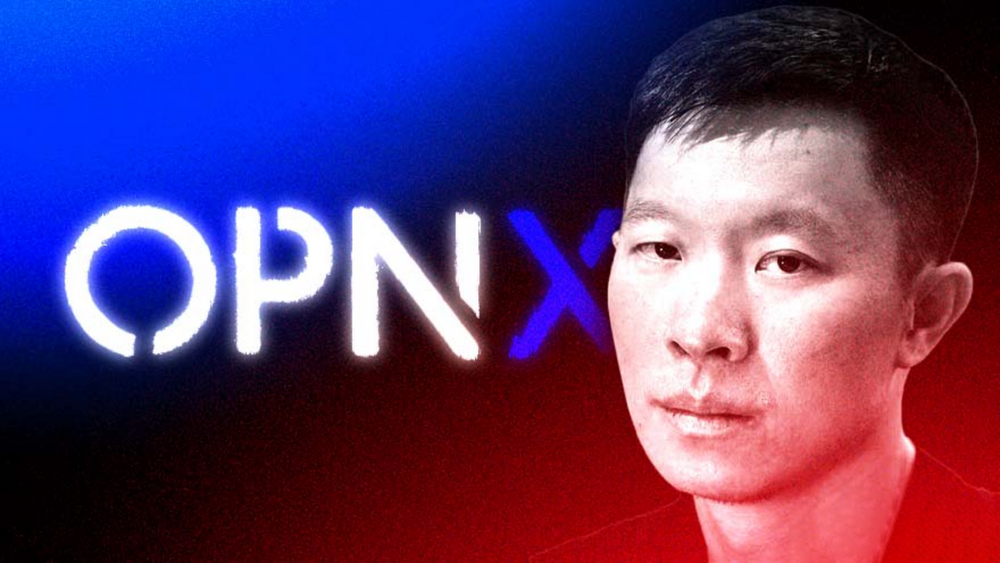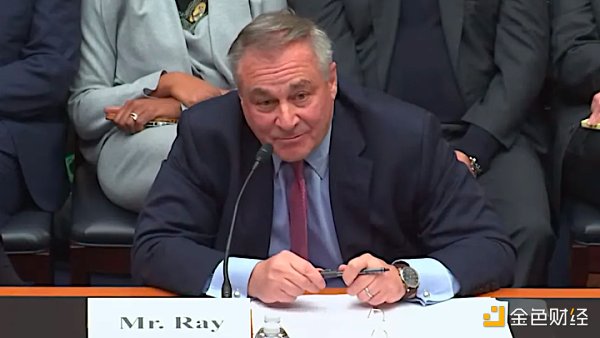Pepsi-Cola increased its supply chain efficiency by 28% through blockchain testing
According to Coindesk's May 6 report, global food and beverage giant PepsiCo recently conducted a trial that increased PepsiCo's supply chain efficiency by 28% through blockchain technology.
 (Source: flickr )
(Source: flickr )
The experiment, called "Project Proton," is designed to investigate whether the blockchain can address the "industry" of programmatic advertising, a form of advertising for specific audiences that uses algorithm-based digital advertising to buy and sell. challenge".
Mindshare, a Pepsi-based project partner and media agency, announced the news on Monday. Mindshare said the company helped in Pepsi's blockchain trial and coordinated the programmatic end-to-end supply chain with Zilliqa's blockchain platform. This work measures the effectiveness of blockchain technology by comparing the control budget with the budget under test.
- Market analysis: ETH has a strong breakthrough in the down channel, the Air Force may have to wait
- ConsenSys proposes Ethereum sidechain solutions to improve interoperability between public and private blockchains
- Dry goods | Current main limitations of Lightning Network (Part-2)
Mindshare explained that by using smart contracts, we can automate the execution of a programmatic supply chain:
These smart contracts coordinate exposure from multiple data sources (measuring the number of times an ad is displayed) and use real-time payment at the blockchain to provide real-time efficiency gains and complete brand owners. transparency.
Mindshare said that the results of the blockchain test show that:
“Publicity through smart contracts can reduce the cost of viewable impressions and increase efficiency compared to situations where there are no contracts.”
Other partners in the project include online advertising company Rubicon, programmatic marketing technology company MediaMath and media company Integral Ad Science.
Pepsi's blockchain test was first conducted in the Asia Pacific region in March this year. Now, the blockchain test plan has entered the second phase, which adds payment and other performance indicators to publishers.
Farida Shakhshir, Director of Consumer Engagement for PepsiCo Asia, Middle East and North Africa, said:
We are encouraged by the blockchain test conducted this time, and we plan to do more activities under different conditions to validate more hypotheses and ultimately measure their overall impact.
We will continue to update Blocking; if you have any questions or suggestions, please contact us!
Was this article helpful?
93 out of 132 found this helpful
Related articles
- Depth | DLT technology "touchstone" How does the central bank digital currency CBDC break into the butterfly?
- Getting started with blockchain | Teach you how to understand Bitcoin computing power
- The great game of 2.7 billion people, Facebook's launch of stable currency is imminent?
- The latest developments in cryptocurrency by Congress and the Federal Election Commission
- The premium is too exaggerated, CoinMarketCap stops using Bitfinex's bitcoin price
- Wind vane, senior US CFTC official: willing to approve a compliant Ethereum futures contract
- April blockchain financing monthly report: the amount decreased by 69.7%, the Chinese and American Qi cooled






